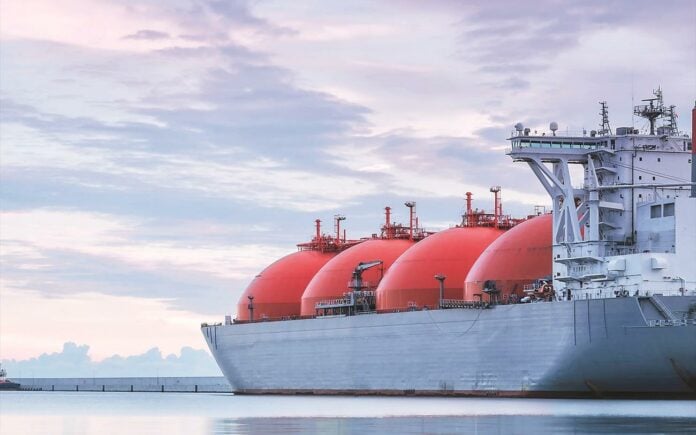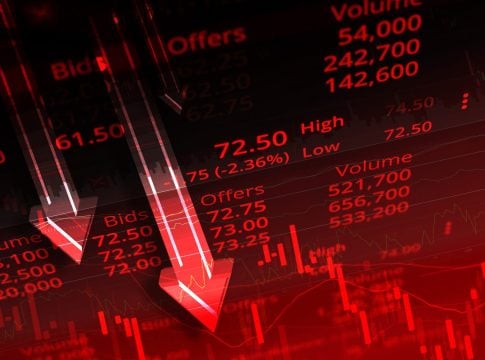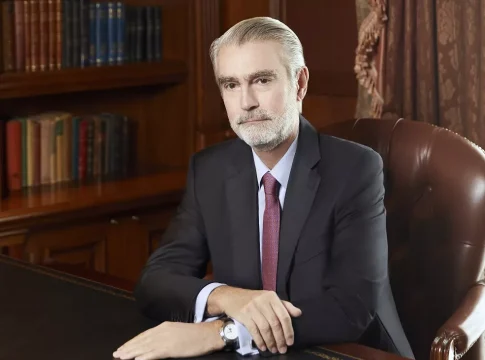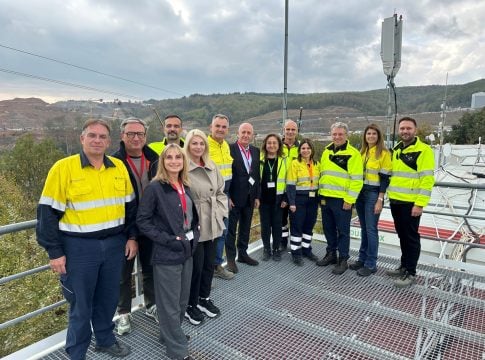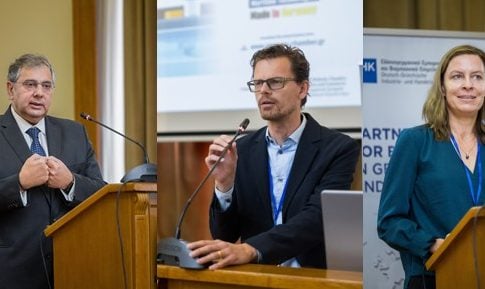The LNG carrier market is at a crucial crossroads. On the one hand, global demand for liquefied natural gas continues to strengthen, fueled by Europe’s need to diversify its energy sources after the war in Ukraine, as well as by Asian countries’ strategies for energy security.
On the other hand, the need for immediate fleet renewal is highlighted, as the aging of a significant number of ships, especially older steam carriers, is creating pressure on shipowners to turn to modern and efficient solutions. As for the order book, this remains strong, although it is showing signs of slowing down. Based on data from Veson Nautical, 17 new orders had been recorded by May 2025, a number significantly lower than 2024. The orderbook to existing fleet ratio, which in 2024 had reached 55%, has now decreased to 45%, with 332 ships under construction with a total capacity of 55 million cubic meters.
The age composition of the fleet is perhaps the biggest bet for the future. The average age is 10.5 years, but 31% of LNG carriers are already over 16 years old. This means that within the next five years there will be a massive need for replacement, in order for the market to keep up with stricter environmental standards and charterers’ requirements for fuel consumption and efficiency. Analysts pointed out that the market will require 295 newbuildings by 2028. And while 300 LNG carriers are expected to be delivered by then, it is estimated that in the same period more than 200 ships will be dismantled or converted into FSRUs.
Greek Shipowners
According to statements by industry executives to “N”, Greek shipowners have emerged as market leaders. Specifically, 46 LNG carriers are on order and represent approximately 14% of the global total, while the existing Greek-owned fleet numbers over 145 ships with a total value of around 32 billion dollars.
For example, George Economou’s TMS Cardiff Gas has starred in latest-generation LNG carrier deals, with orders for four at Samsung Heavy Industries shipyards (with a total value exceeding 1 billion dollars), further strengthening its position. Kriton Lentoudis’ Evalend Shipping is investing dynamically in the LNG bunker vessel sector, integrating its portfolio into an emerging category directly linked to the green transition and the development of dual-fuel ships. Capital Gas Carrier Corp, owned by Evangelos Marinakis, has recently been in the spotlight as it sold for scrap the 138,208 cubic meter “Trader II” which was built in 2002.
With this move, the number of LNG carriers that were sent for recycling this year reached 11, a record number, which underlines the need to renew the fleet. It is noteworthy that the “Trader II” was purchased in 2022 for approximately 26 million dollars. The need to renew the fleet was evident in the recent statement by Capital CEO Gerasimos Kalogiratos, who stated that “the positive environment, combined with the retirement of older carriers, enhances the value of our new generation of ships.”


